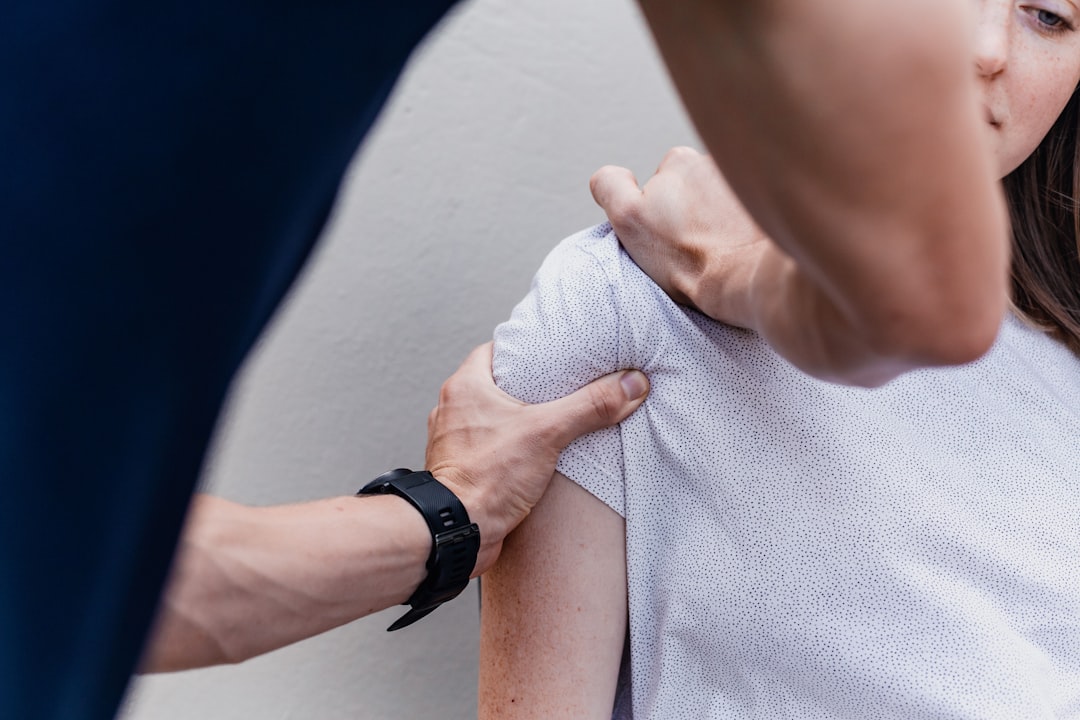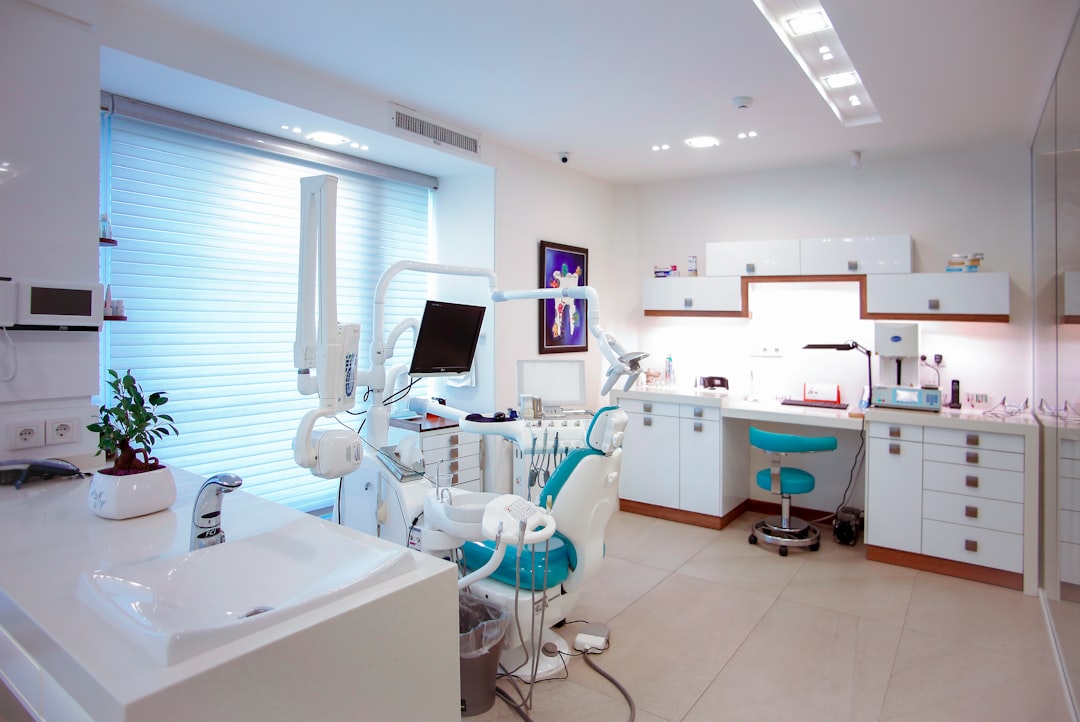Many women experience challenges when trying to conceive. Some turn to conventional medical treatments to boost their fertility, while others consider alternative options, including acupuncture. Acupuncture is an ancient Chinese medical technique that involves inserting thin needles into specific points on the body. It is believed to stimulate the body’s natural healing abilities and promote overall well-being. In recent years, acupuncture has gained popularity as a complementary treatment for infertility. In this article, we will explore the benefits of acupuncture and fertility.
Acupuncture is a holistic approach to health that treats the whole person, not just the symptoms of a particular ailment. Many infertility cases have no known cause, and a woman may be told that there is nothing medically wrong with her. Acupuncture can help with these cases by addressing the underlying issues that may be affecting a woman’s ability to conceive. Acupuncture can help stimulate blood flow to the reproductive organs, regulate hormone levels, and reduce stress, all of which can improve fertility.
One of the ways acupuncture achieves these results is by correcting imbalances in the body’s energy flow or “qi.” In Traditional Chinese Medicine, qi is thought to flow through meridians or channels that are connected to specific organs. Acupuncture can target these channels to regulate the flow of energy and restore balance to the body’s systems.
Several studies have been conducted on acupuncture and fertility, and the results are promising. In a study published in the British Medical Journal, women who received acupuncture before and after embryo transfer during IVF were more likely to conceive than those who did not receive acupuncture. Another study found that acupuncture improved the success rate of IVF by up to 65%.
While acupuncture may not be a magic bullet for infertility, it can be a helpful complementary therapy. It is particularly useful for women who want to avoid or reduce their reliance on medications or invasive procedures. Acupuncture is also an excellent option for women who have tried multiple medical treatments without success or who are looking for a more natural approach to fertility.
Acupuncture is generally safe when performed by a licensed practitioner. However, women who are pregnant or trying to conceive should inform their acupuncturist before treatment. Certain acupuncture points may need to be avoided during pregnancy or fertility treatments.
In addition to acupuncture, lifestyle changes can also play a role in improving fertility. A healthy diet, regular exercise, and stress management techniques like meditation can all contribute to overall well-being and improve a woman’s chances of conceiving. Acupuncture can be an excellent complementary therapy to these lifestyle changes, helping a woman’s body prepare for conception and pregnancy.
Acupuncture is a complementary therapy that can have many benefits for women struggling with infertility. It is a safe and natural way to promote fertility, improve overall health, and reduce stress. While acupuncture may not be a cure-all for infertility, it can be an excellent option for women looking to explore alternative treatments or for those who want to reduce their reliance on medications and procedures. Consider adding acupuncture to your fertility journey and see if it can help you achieve your dream of starting a family.













